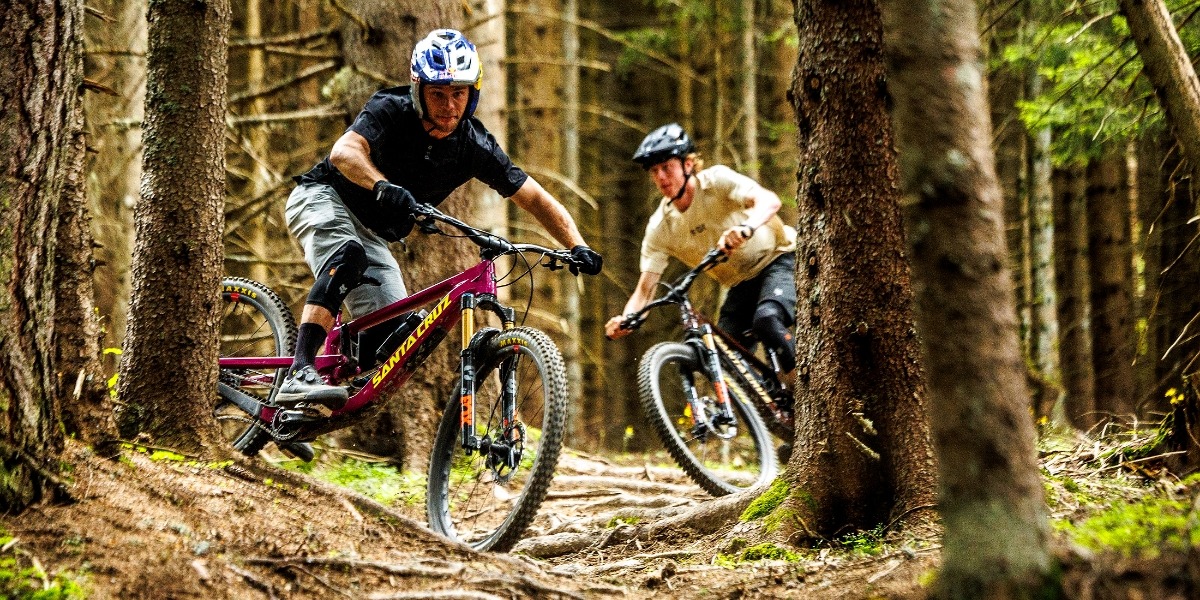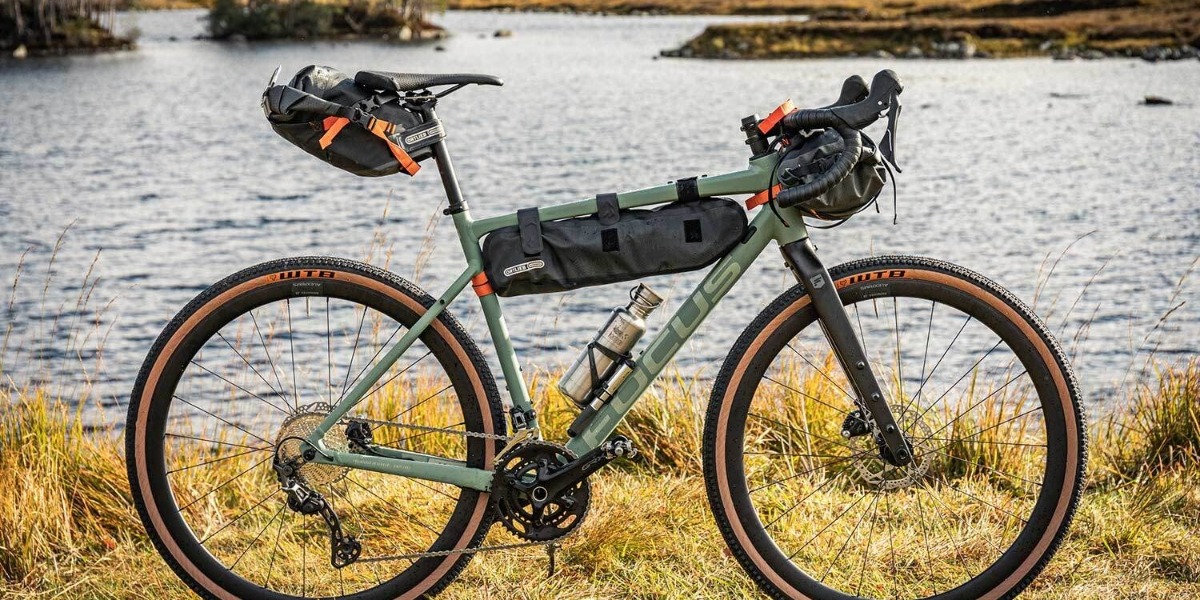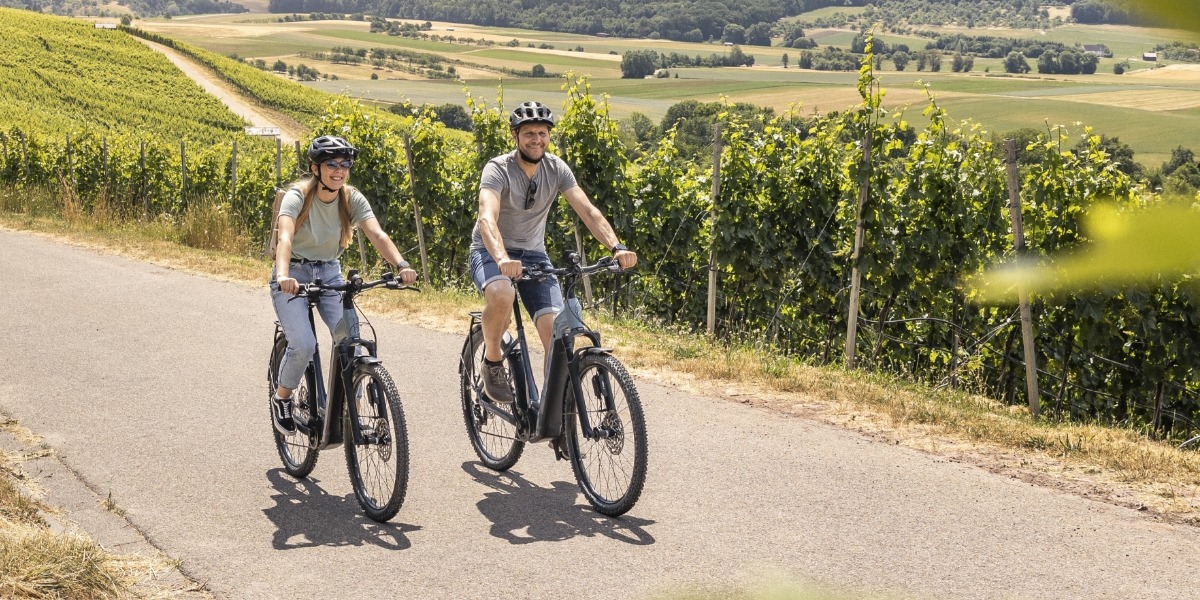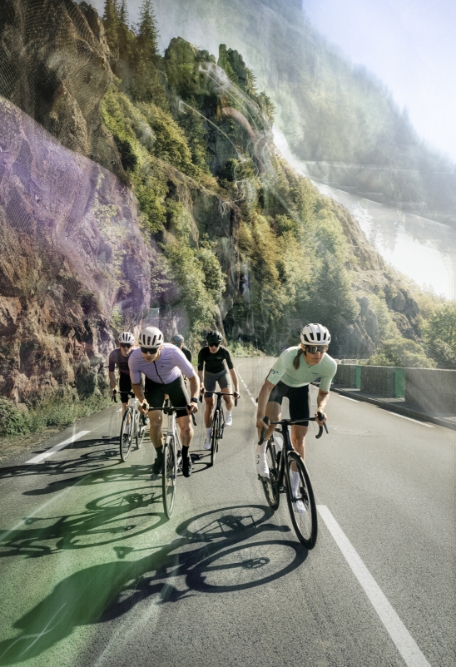Choosing the right bicycle is essential for a comfortable and safe ride, whether you are a recreational rider, an adventurer, or a professional cyclist. This guide will help you find the perfect bike based on your needs, terrain, and riding style.
Determine Your Riding Style
Before making a purchase, ask yourself a few questions:
- Where will you ride most often (road, forest, gravel)?
- How often will you cycle?
- Do you need a bike for training, commuting, or fun?
Based on these questions, you can choose the appropriate type of bike.
Types of Bicycles

- Ideal for paved roads and fast riding.
- Aerodynamic and lightweight design.
- Narrow tires for reduced resistance.
- Recommended for cycling enthusiasts and competitors.
Advantages:
✔️ High speed on asphalt
✔️ Lightweight and aerodynamic
✔️ Efficient for long-distance rides
Disadvantages:
❌ Less comfort on rough roads
❌ Not suitable for gravel or forest paths

Mountain Bikes (MTB) ⛰️
- Suitable for off-road riding and challenging technical trails.
- Thicker tires and suspension for better grip.
- Available in hardtail (front suspension) and full-suspension (front and rear).
- An excellent choice for adrenaline-fueled descents and rough trails.
Advantages:
✔️ Excellent grip on all terrains
✔️ Comfort due to suspension
✔️ Allows exploring nature
Disadvantages:
❌ Slower on asphalt roads
❌ Heavier compared to road bikes

- A hybrid between road and mountain bikes.
- Versatile use (asphalt, gravel, forest paths).
- Comfortable geometry and robust construction.
- Recommended for long tours and adventurous rides.
Advantages:
✔️ Versatile for various terrains
✔️ More comfortable than road bikes
✔️ Option for wider tires
Disadvantages:
❌ Heavier than road bikes
❌ Less efficient on extreme terrains compared to MTB

Electric Bikes (E-Bikes) ⚡
- Built-in motor to assist pedaling.
- Ideal for longer rides or tackling hills.
- Available as city, mountain, and gravel e-bikes.
- Recommended for those who want more power with less effort.
Advantages:
✔️ Easier hill climbing
✔️ Longer range with less fatigue
✔️ Great for city commuting or long tours
Disadvantages:
❌ Higher price
❌ Heavier due to battery
- Designed for daily use and well-maintained paths.
- Comfortable saddle and upright geometry.
- Option to add accessories (rack, lights, mudguards).
- An excellent choice for urban commuting and recreation.
How to Choose the Right Bike Size?
Frame size is crucial for a comfortable ride. We recommend the following steps:
- Measure your body height.
- Check the manufacturer’s size chart.
- Adjust the saddle height and handlebar reach.
- Comfort on the bike is key – a test ride is recommended!
Approximate Bike Sizes Based on Your Height:
*For a more detailed size calculation, contact us
Check the size guides for Focus, Cervelo, Giant, and Santa Cruz.
What to Consider in Bike Equipment?
- Frame: Aluminum frames are lighter and more affordable, while carbon frames offer better stiffness and comfort.
- Gears: Higher-end Shimano or SRAM provides precise shifting.
- Brakes: Hydraulic disc brakes offer better stopping power than mechanical brakes.
- Suspension: Depends on the terrain (rigid fork, suspension fork, or full suspension).
- Tires: Width and tread pattern vary based on bike type and terrain.
Important Accessories
When buying a bike, also consider:
- Cycling helmet for safety.
- Cycling clothing for a comfortable ride.
- Water bottle and holder for hydration.
- Lights and reflectors for better visibility.
- Bike lock for theft protection.
Conclusion
Choosing the right bike depends on your needs, riding style, and the terrain you will ride on. Regardless of your choice, the most important thing is to enjoy your ride!
Looking for the perfect bike? Check out our selection at https://www.11-11.si/en/categories/cycling/bikes!





















